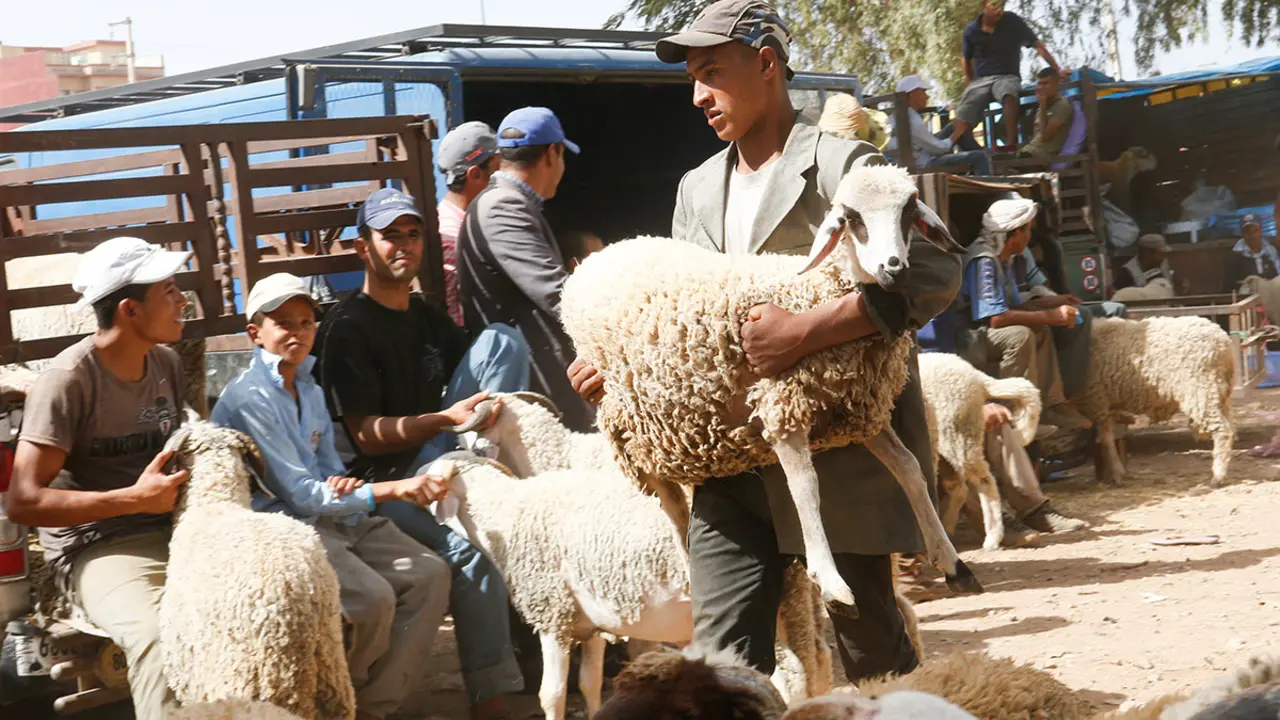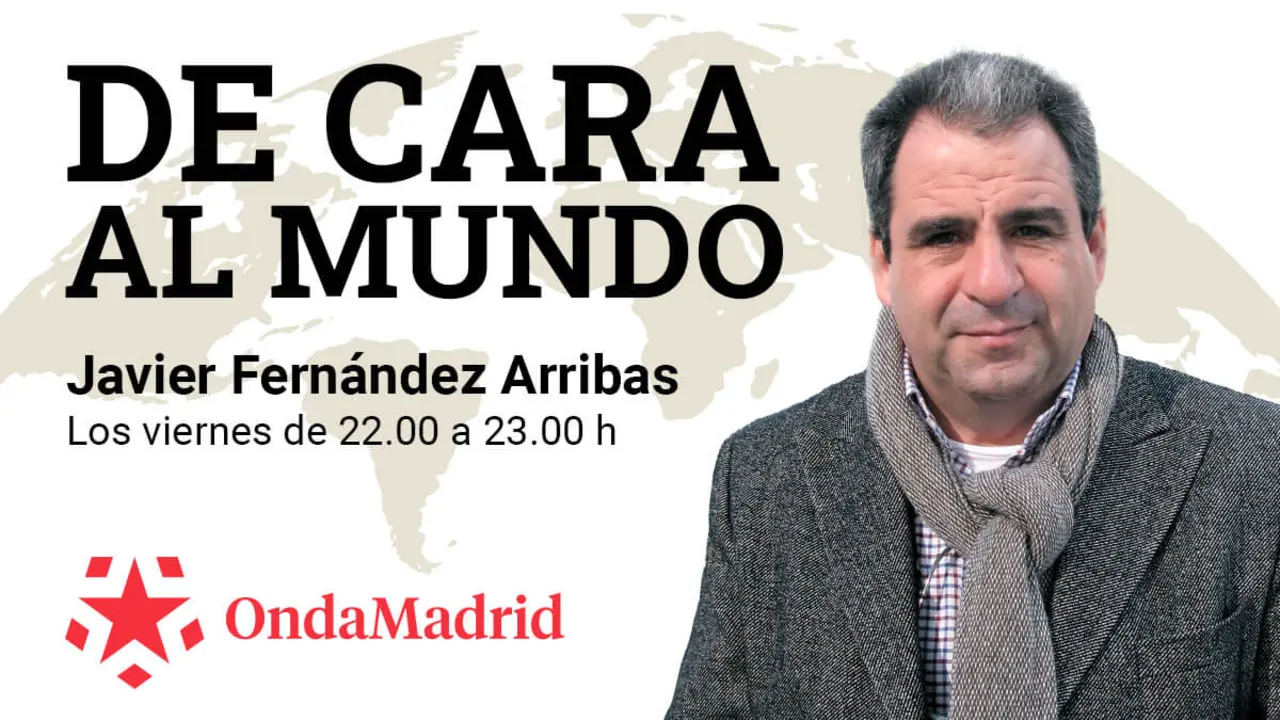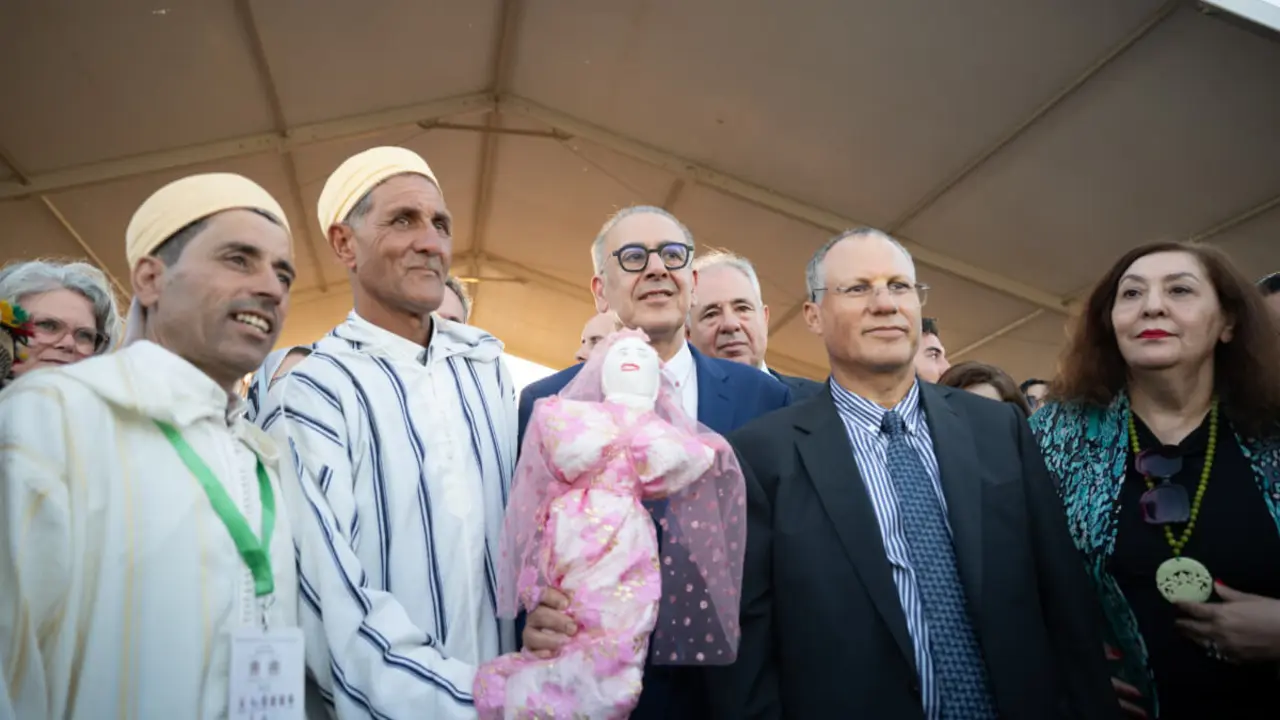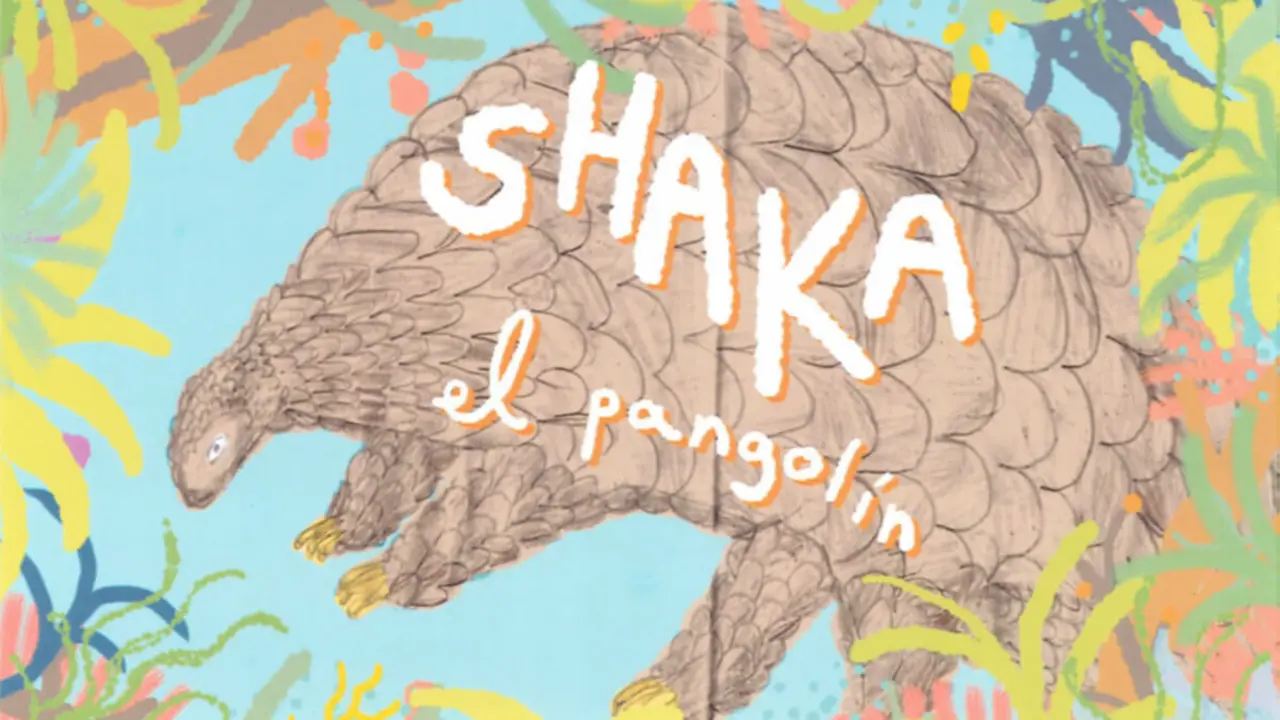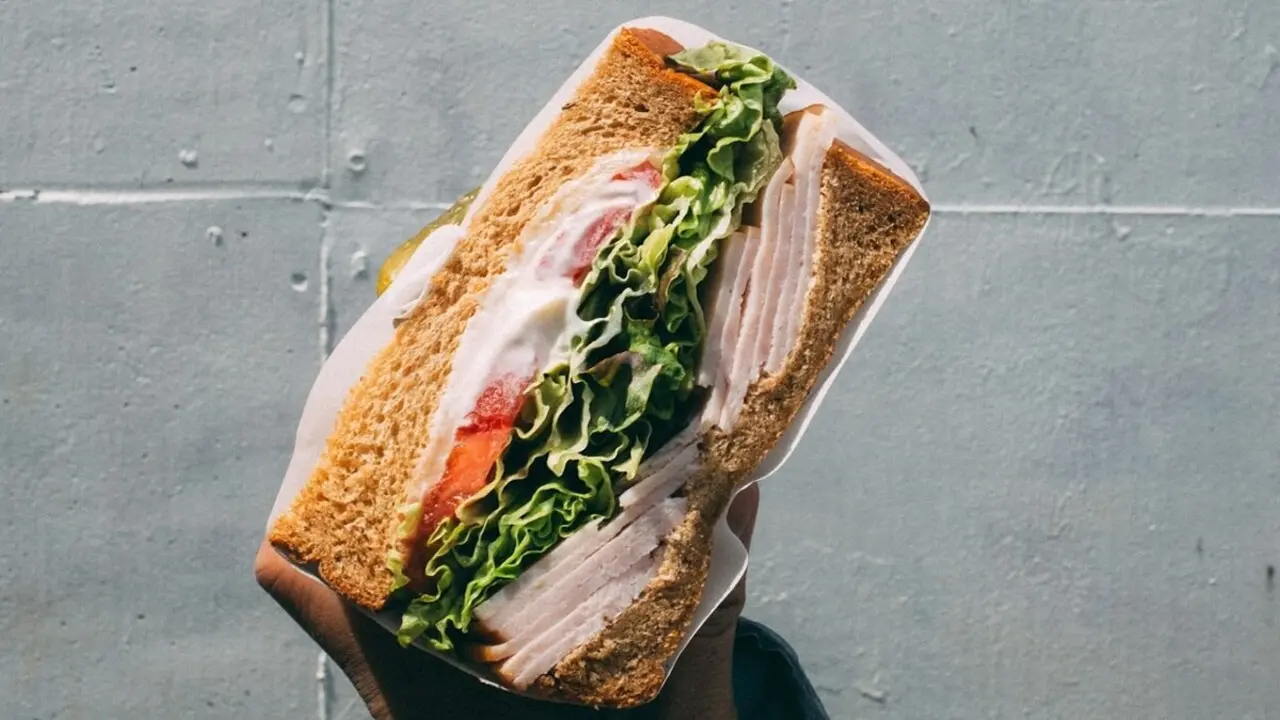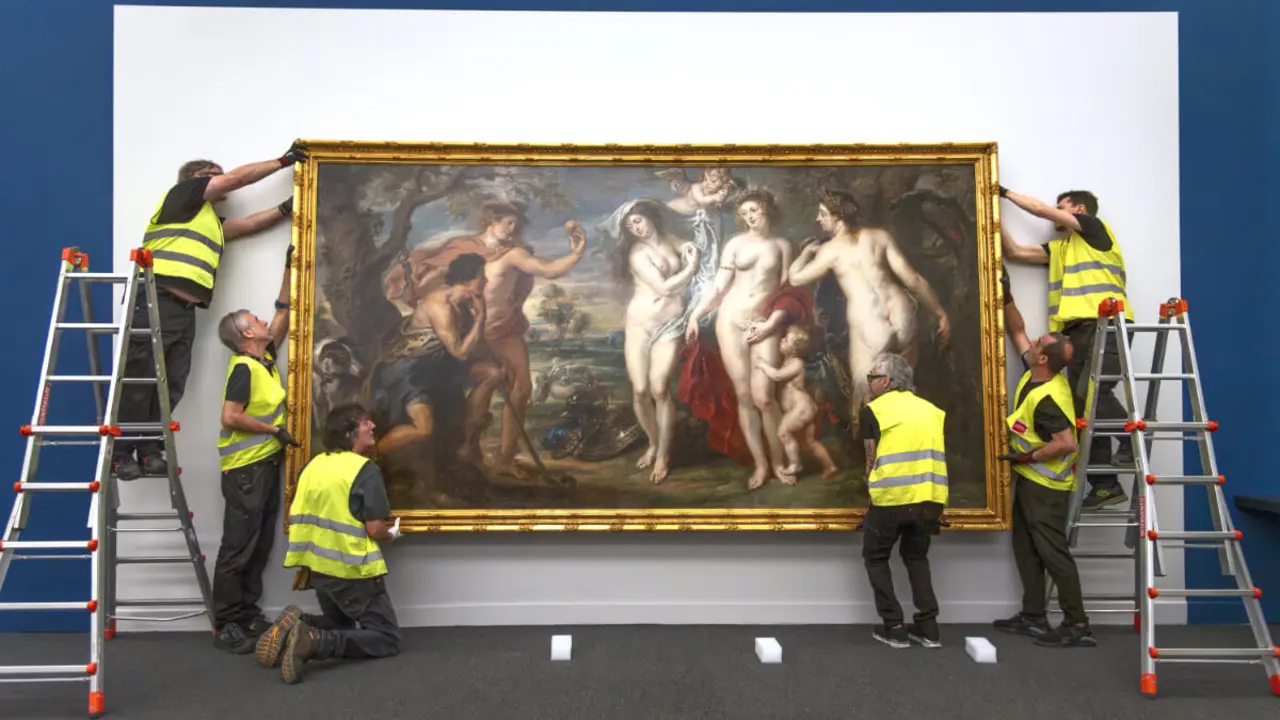Sabela González: “Cuando hablamos de supervivencia, al final el ser humano por instinto natural tiene que sobrevivir”
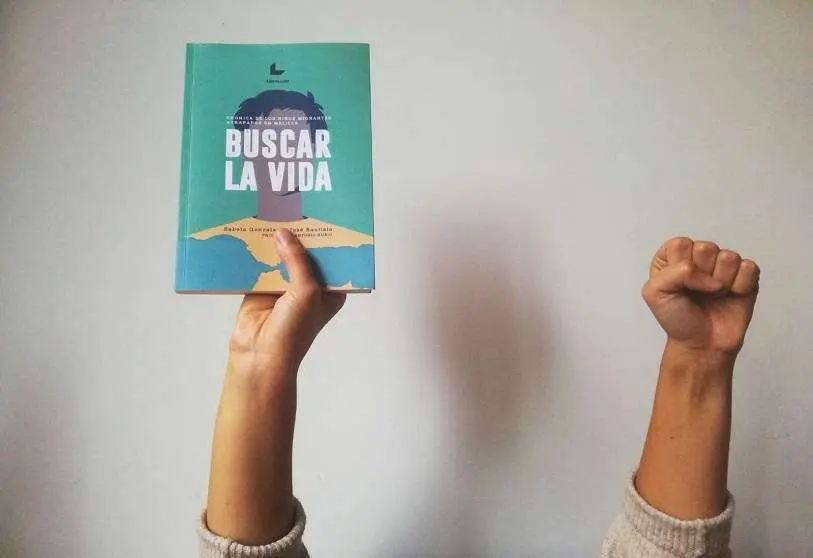
Searching for life: chronicle of migrant children trapped in Melilla' is the story of the Unaccompanied Foreign Minors who enter Spain from Morocco through the Melilla border. The research work by Sabela González and José Bautista has been carried out on the streets, learning about the lives of these children and adolescents who live on the streets of the Spanish Autonomous City.
This reading gathers the work of the two authors who have lived during the summer of 2018 together with the misnamed "MENAS" to show that behind this acronym we find children. Desperation and frustration define the minors who do not receive the proper treatment by the Melilla centre for minors, La Purísima. It is for all these reasons that the journalist and expert in communication specialising in Human Rights has been motivated to investigate these minors and has told us in first person in an interview for Atalayar everything related to this subject: "There are many people who do not have information about this and it seems that there is so much information that in the end it is distorted.
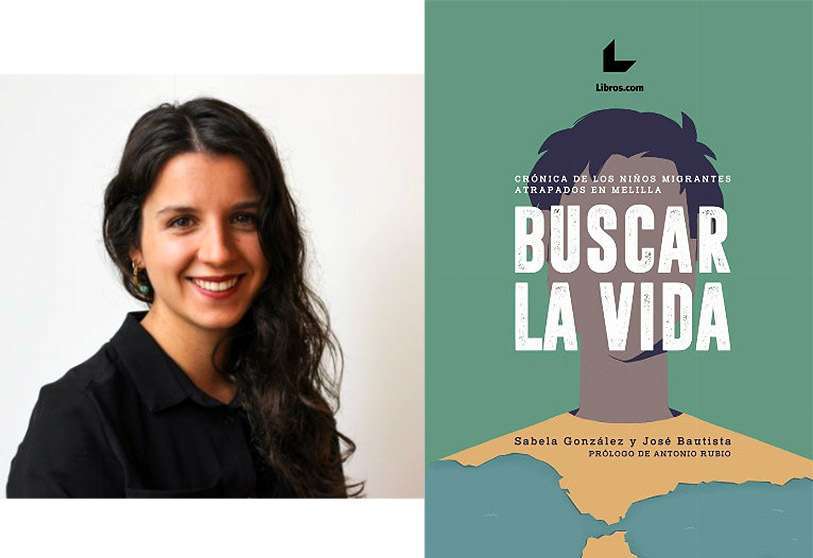
What do you think about that?
The issue of information or disinformation is obviously one of the 'challenges' for journalists and the media, especially since we got into the internet bubble. We are so afraid of consumers that we don't know what to read and in the end we go from not wanting to read anything to reading only what interests us, what we like and what makes us feel part of a group and with which we are therefore comfortable. But, for example, with the issue of the MENA, I started the research in 2018 and by then the national media did not deal with the issue, they talked a little about migration. We were in 2018 with the "hangover" of the so-called "refugee crisis" of 2015, they were talking about Syria, they started to talk a little bit about Afghanistan... But the children were still not much covered in the media; however, there were a lot of NGOs and international and national organisations on the ground that were already denouncing this. That's what I came across when I started the investigation: reports in which it was demonstrated or justified how the police in the port of Melilla beat the children, took off their slippers to make fun of them and that they didn't sneak onto the boats...
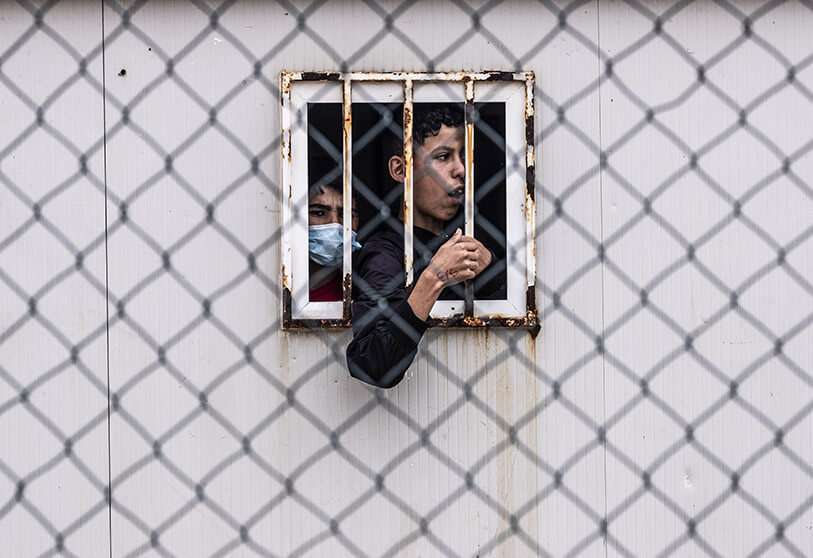
When did you start the research then?
I started the investigation because I met José Palazón, who came to give a talk in Madrid and he was talking about this. There were even photographs of how the police had been beating the children's fingers and how they had all their nails pulled out and so on. And I was extremely horrified because it was happening in Spain and I wasn't aware of it, and just as I wasn't aware of it, neither was a lot of the population. And, of course, if we are part of the world of journalism, we are supposed to be more informed than the rest of the population. But if I wasn't even informed, then something was going wrong. In the end, 'Buscar la vida', this book and this investigation joined the wave of focusing on the issue of minors and, above all, criticising and denouncing what was happening in Melilla, because it is a bubble that is completely isolated from national and international laws and where there is a constant violation of rights.
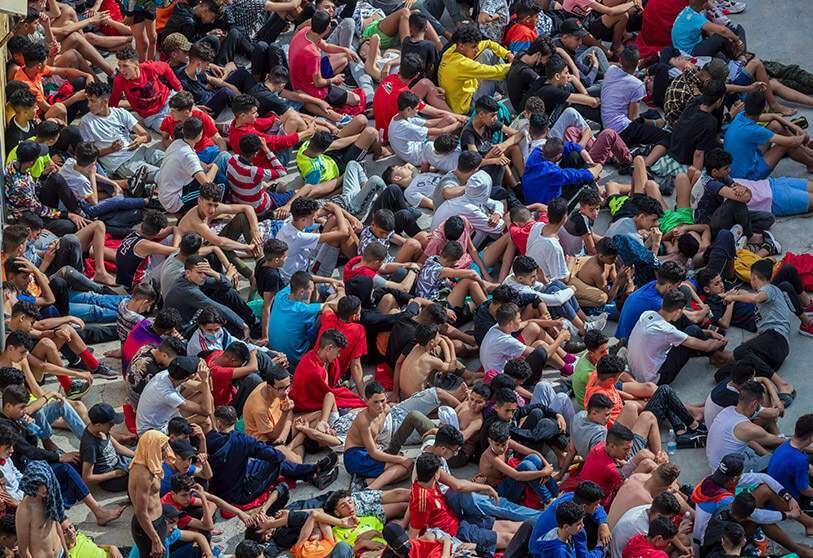
Moreover, there is not only misinformation, but also manipulation, do children suffer the consequences of this?
Yes, absolutely. When I was in the field, there were times when I felt that visiting Melilla could be like visiting a zoo. So people would come, take four photos and leave or come back. I'm not saying that all journalists do that, because in fact, in Melilla there were a lot of journalists, great journalists who were there for years covering everything, lived there and then sent national information. But there were many others who came and went. And it's the same thing that happens, for example, when there are correspondents or people visiting refugee camps, for example in Calais or Lesbos, which are like the most media-worthy, and sometimes you go, you do your little job for two, three hours and then you leave. But in the end it's just that, you generate this disinformation and, at the same time, as you haven't done a good job, you also generate ignorance for the people who are reading you. The same citizens who live in a situation like the one we are going through now of the crisis or the crisis of 2008, 2007, but now also with the pandemic and so on, in the end it is clear that everything is going to be marked in a discourse of hate and we have to blame someone. And since we seem to be tired of blaming the government, we say, well, let's look for someone we can blame.
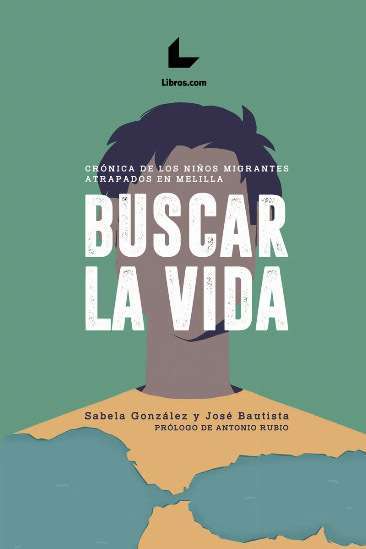
Therefore, we are responsible for training and educating citizens so that they can also generate their own opinions. And I believe that with this manipulation, what we end up doing is a bit of dehumanisation. For example, I spent months in Melilla, but the day I left I was heartbroken, especially because I ran into some kids on my way to the port and they saw me. They said to me, "you come and go, but we are stuck here. In other words, even if you tell our story, even if you have realised what is happening, we are still here". This has brought me to Brussels and I can continue to support or try to make visible what is happening. But they are still trapped there and their reality is still the same. So I think if we want to do quality journalism, making human rights visible and criticising situations where human rights are violated. We need to tell these stories. A lot of real stories and above all to understand them.
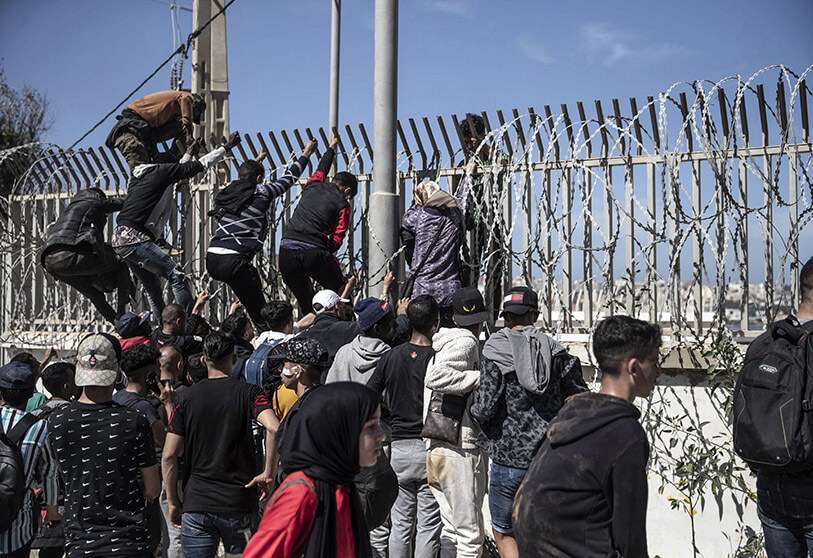
Do you think that children have a slightly distorted image of Europe? Where do you think they get the information that they can have a better life here?
The truth is that it is also a very delicate issue and, if at the beginning we were talking about the importance of journalism and social networks, I think it is key to this issue. For example, I think of myself when I was a teenager or younger, I grew up in a city that was more or less well off, neither too big nor too small, and my references were the cool people I could meet at school, or who you could see were better dressed, or who were more popular. Then on television and so on, those series or films that I could watch and compare myself to, for better or worse. I grew up with 'Gossip Girl' and the canons that are presented to you and the lifestyle that is presented to you is very far from reality or at least the real one that we could be living in Spain. In the end, we girls wanted to be a bit like Serena and we wanted to dress well. If you could, you wore high heels or when you went out with your friends you wore a tight skirt.
Obviously, changing the culture and the expectations that you can have, the same thing happens. And, for example, now that social networks are so standardised, in the end you identify with the people you see on Facebook, with the people you see on Instagram. Tiktok and so on. And if you, for example, see that your neighbour on Facebook has been gone for 5 years and now the photos he uploads are in a European city like Paris, like Madrid, with whatever it is next to a car or with some beautiful girls on the beach, you understand that this can be your reference model and if this is the idea of success, why shouldn't you have it and then you compare yourself? The problem is also that in social media research, as always, we talk about a fictitious reality.
And that happens to me with unaccompanied children, for example, in Melilla. When I was there in the summer. Then I was on the beach most of the time with them and well, because we were all in swimming costumes and enjoying the beach, playing ball, in the water I don't know what, and so on. And every time they saw me on the phone, they would ask me to use my phone either to use Facebook or to take pictures. Then I realised that in less than a week I was on all their social networks, I think I was the girlfriend of more than 40 guys, and some of them even told me so. So of course, in the end it also creates this imaginary reality that if you're walking down the street and you see a car you like, you take a photo and say "imagine that this is my car" even though in the end it's not. And that's what I'm seeing now when I'm in Brussels.
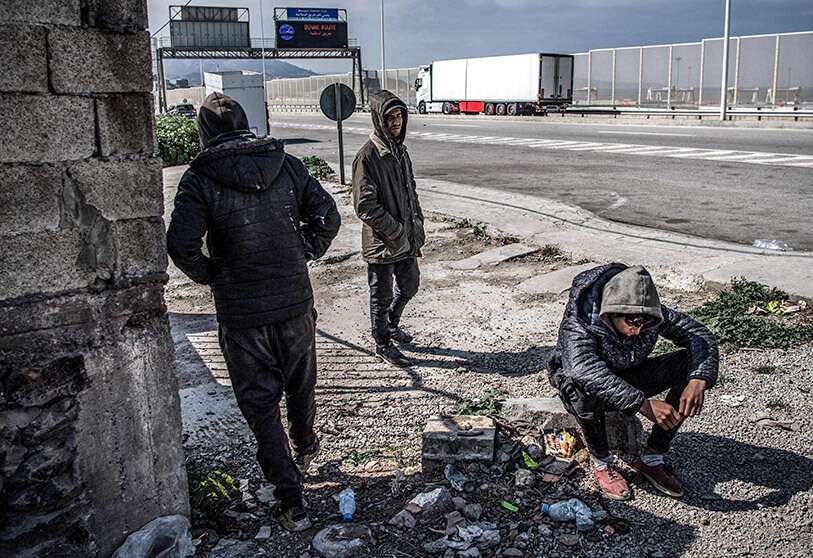
What is the role of the police in all this?
It's super complicated and that's also something I tried to understand in Melilla, because Melilla is a city of 12 square kilometres, it's a little bubble where you have the Mediterranean Sea on one side and the border with the fence on the other. It's not much more than half an hour from one side of Melilla to the other. But you have the National Local Police and the Guardia Civil. And then you have the Moroccan Gendarmerie at the border as well. In other words, there are too many agents for the space there is for the population there as well. So, one of the things that caught my attention was to see these little disputes about who is responsible for what because you are at the border and then the Guardia Civil, the one in charge of the border, should be in charge of that. But of course, if the border is partly Spanish, it also belongs to the National Police. They overlap and fight and see who does what. And then you have the local police in the middle. And if a minor, for example, sneaks into Melilla through the border, wherever it is, and arrives in Melilla, who is in charge: the local police, the National Police or the Guardia Civil? It's a bit of a problem.
But then, what I have seen in Melilla, above all, is that there is a lot of tension in the case of minors, because this is not something new. This has been going on for more than 30 years, a time when children have been arriving in search of something better, when they don't want to stay in Melilla, they simply want to use it as a bridge to Europe and what they want is the sooner I leave and get a life, the better. This means that you are seeing a lot of children coming into your city, who have to be badly dressed or are dirty because they have been on the street, children who are hungry and ask if you can please get them a sandwich or whatever. Or children who use drugs, especially glue, which generates a lot of attention. So, of course, these children who are extremely stoned and partly the worst of it all is that they take drugs in large part to forget about the reality in which they are living. Many of them said to me "before going to the port to get on the boat, I smoke anything so as not to feel the blows that are going to come after the police".
Because, for example, if you find a child in the port, in this case undocumented, alone at four o'clock in the morning and who doesn't speak your language, what you have to do is take him directly to the police station and then take him to the children's centre to protect him. However, in one of the cases, for example, one of the boys who was going up the ferry's cape, when he reached the top, the boat's 'segurata' saw him. He grabbed him by the shoulders and kicked him overboard. There are other cases where children sneak between the cars in the port to get to the ship. But if the police find them, they take off their shoes so that they can run more slowly and they taunt them or in the worst case, they beat them up or whatever. I am not saying that all police officers assault minors or condemn them, but it is true that there are a lot of cases that should not be happening. They should not be happening much less in Spain or in Europe.
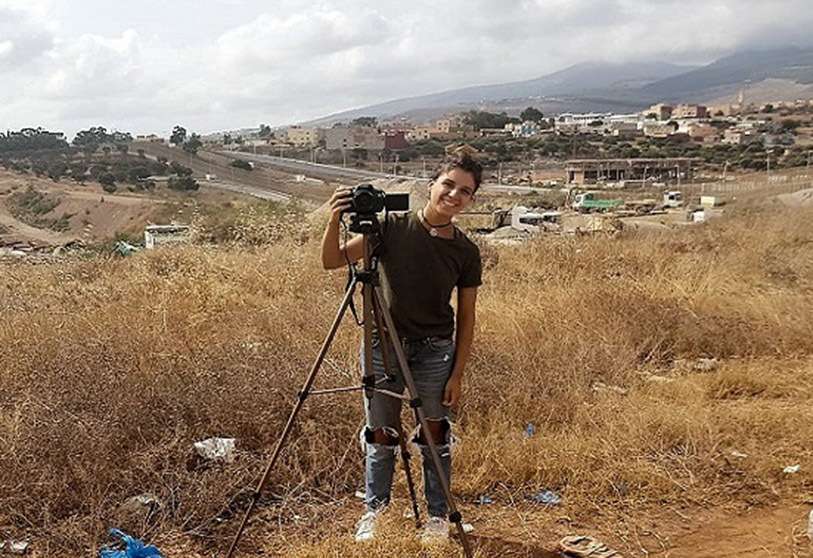
What solution do you think could be applied in this situation?
Because no matter how much they get caught on the boat, they're going to keep on doing it. No matter how badly they live here, they're going to keep coming back. When we talk about survival, at the end of the day, human beings have a natural instinct to survive. In other words, if I have to eat every day, in the end I'm going to eat in whatever way I can, whether it's biting the trees I find, or stealing or begging or whatever. So I think that in the short term what should be done is good. First of all, all minors who are found, whether they are nationals or foreigners, should be given immediate protection and assistance. That is to say, they have to go to a medical centre, it has to be verified that they are healthy, that they are in good physical and mental condition. They have to be taken in immediately by the children's centre so that there are no children sleeping on the street and no children living on the street.
The problem is that there are too many children for the space there is in the La Purísima Children's Reception Centre, so what needs to be done is that this person has to be taken in immediately. And to say, as there is no space in Melilla, we are going to distribute them to different centres on the Peninsula, what we cannot do is to accumulate all the children from Melilla to stop this issue and say well, "since you are living so badly here, children, tell your friends not to come because you are living so badly, then they will not want to come to me".
Morocco also has an extremely important role to play in changing this, but as these children are in Spain and in Melilla, they are in Spain and therefore in the European Union, which must always protect and support minors, because in the end we have the Convention on the Rights of the Child, which must always ensure the safety and protection of minors. We are not talking about emigration, but about children.


